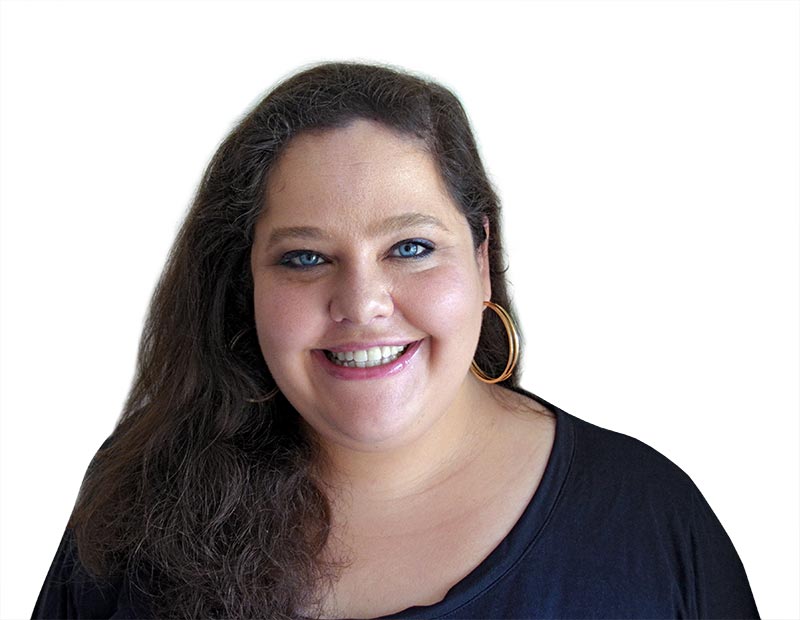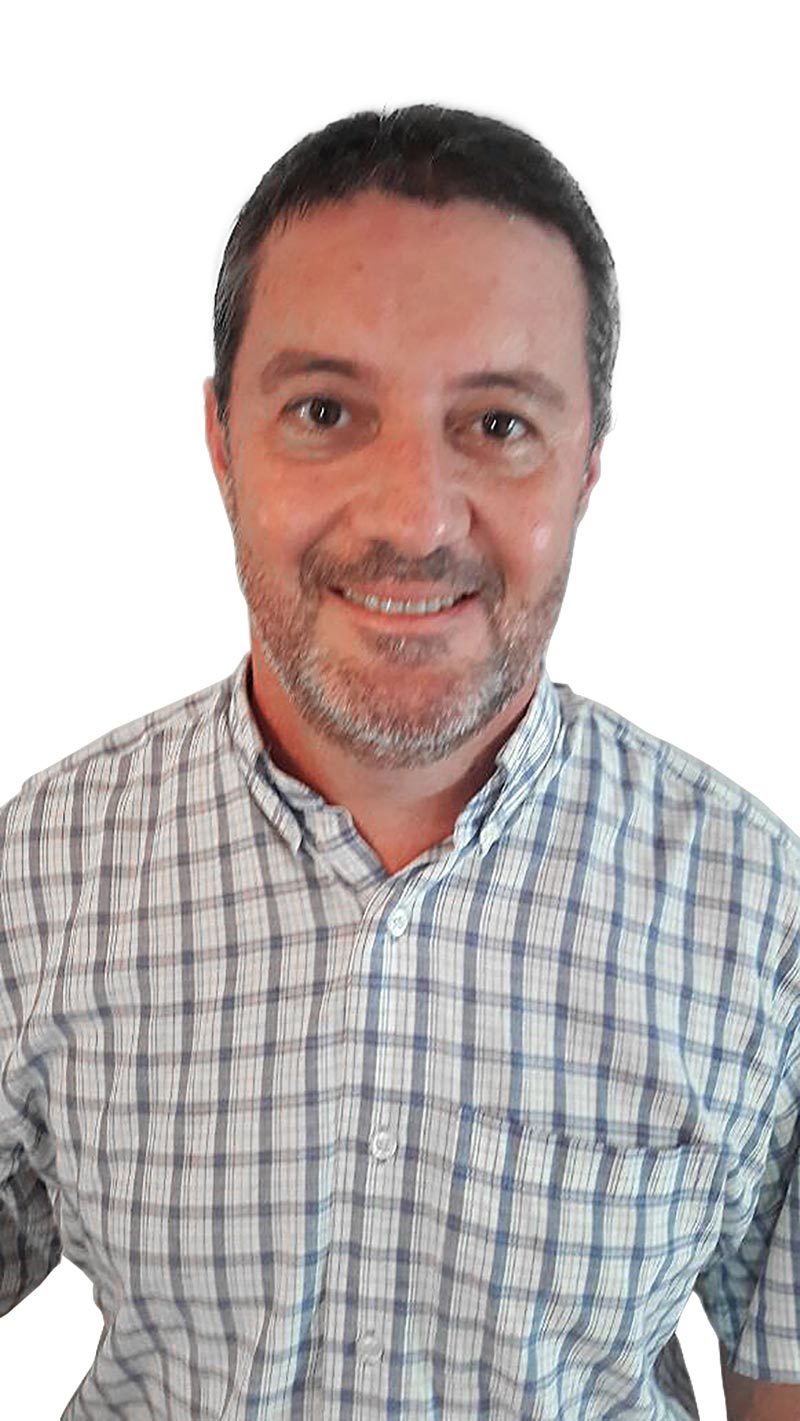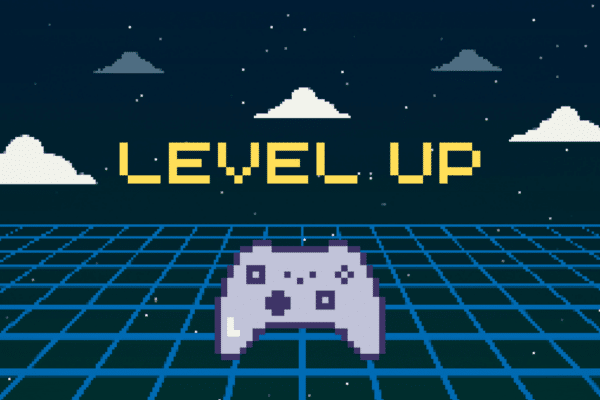21st Century Skills for Teachers
When we ask learners what they like most about school, their usual response is ‘Nothing’, ‘My friends’, ‘Going home’, and few of them come up with a teacher or a subject that they actually enjoy. One of the possible reasons why learners are disengaged from their schooling is because they see no real purpose in what they learn there in relation to their future lives or employability prospects. They usually go to school because they have to and they have to pass the ‘Vestibular’ or ‘ENEM’. Another intriguing aspect related to employability is that their future employers demand higher order cognitive skills from their future employees, such as:

But are we, educators, really preparing our learners for that? Or is school still focused on securing and teaching lower order thinking skills? Apart from all that, we also have to consider the role technology plays in our current youth. And I am not talking about teaching them how to use technology, or even using technology, but helping them critically question and engage with all the technology and information they have access to, instead of simply accepting everything…
We have been hearing a lot about the 21st Century Skills, namely the 4 Cs (Critical thinking, Creativity, Collaboration, Communication), Information Literacy, Media Literacy, Technology Literacy, Flexibility, Leadership, Initiative, Productivity, and Social skills.

source: www.aeseducation.com/careercenter21/what-are-21st-century-skills
And the question is: how can we actually teach our learners all that and still teach them the knowledge they will need in their future lives? Well, to start with, these skills need to permeate everything we do and are as teachers if we really are to play an essential role in their lives. Also, we have to provide them with opportunities to develop both their knowledge and skills simultaneously. One may think that learners need to master knowledge first (facts) so that teachers can help them apply, analyse, evaluate and even create more knowledge, but what usually ends up happening is that teachers do not find the time to work on such skills due to lack of confidence in their own abilities to do so, time constraints linked to covering the syllabus, and teaching only the knowledge focused on assessment processes.
After observing and talking to many teachers about it, I started wondering whether one possible solution would be to apply these 21st century skills to our own lives as teachers. I strongly agree with Dyllan William when he states that ‘the hardest bit is not getting new ideas into people’s heads, it’s getting the old ones out’ because we tend to live most of our lives within our comfort zone. But again, if we, teachers, are to remain essential in our learners’ lives, we have to expand our comfort zone and challenge our own practice – it can be really fun to do so!
To get us started, how about engaging in collaborative teaching ourselves more often so that we take the time to critically think about our own role as educators? We really have to make the effort to walk our talk and show learners that it is possible to cope with the demands of our modern lives and still develop as human beings and work towards a better future here and now. I do believe that our pedagogy cannot be separated from who we are as people… Therefore, we have to become everything we want our learners to become, and in order to do so we have to ask ourselves which skills we need to develop further and how:
Critical Thinking, Collaboration, Communication and Creativity
Why do we teach the way we do?
How can we improve our teaching considering that we have learners with different goals, needs, strengths and motivations in the same classroom?
If we put more effort to experiment with different ways of teaching, will our learners see the value of being always open to reinventing oneself to keep up-to-date and stay relevant in a constantly changing world?
How do we communicate with our fellow teachers?
To what extent are we willing to share our work and reflect upon our practice on a regular basis, being inquisitive and looking for answers even outside the ELT world?
Information, Media and Technology Literacy
Are we able to dig deeper and separate relevant information from useless sources?
Are we really listening to each other, despite our differences?
Can we use the available media in order to maximize our productivity?
Do we have hands-on experience with the technology our learners have access to or do we still use the ‘I prefer paper’ excuse, for instance?
Are we preparing learners to learn how to use the technology available to their advantage, contributing to their future employability prospects?
Are we using technology to our advantage in their lessons?
Flexibility, Leadership, Initiative, Productivity, and Social skills
Are we open to change? Can we deviate from our plan?
Can we prepare lessons for learners and stop calling them ‘my lesson’?
Can we constantly motivate ourselves to investigate and look for solutions for the daily challenges we face?
Do we take the initiative to get started? Are we proactive or do we wait to be told what to do?
In this age of distractions, are we able to focus and make the most of the time we have?
Can we network and collaborate with others, aiming at a better future? Or do we still play favourites?
Are we mature enough to be genuinely happy about other people’s success?
Are we able to be truly empathetic and understanding when ‘visiting’ any other part of this planet?
Connectivity, Emotional Intelligence and Self-responsibility
Do we take advantage of our technological era to connect with more teachers?
Can we take the time to get to know and connect with our learners so that we can actually address their needs?
Are we resilient? Can we cope with our emotions and be professional at the same time?
Do we take responsibility for our actions, for our development, for our success and failure? Or do we blame others?
Are we willing to take risks and expand our comfort zone?
Can we give up criticizing others and spend more energy on building a positive working environment?
Are we life-long learners for real?

This post is an invitation for us teachers to reflect upon our practice and to walk our talk developing such skills ourselves first. We will then be empowered to better help our learners!
I hope all these questions make sense to you and thank you for taking the time to read this post! It means a lot 😉
Interesting websites: www.p21.org/news-events/p21blog/2190-preparing-teachers-for-a-21st-century-classroom www.edutopia.org/discussion/15-characteristics-21st-century-teacher www.teachermagazine.com.au/articles/global-education-21st-century-skills www.brookings.edu/blog/education-plus-development/2017/10/17/how-do-we-teach-21st-century-skills-in-classrooms/





